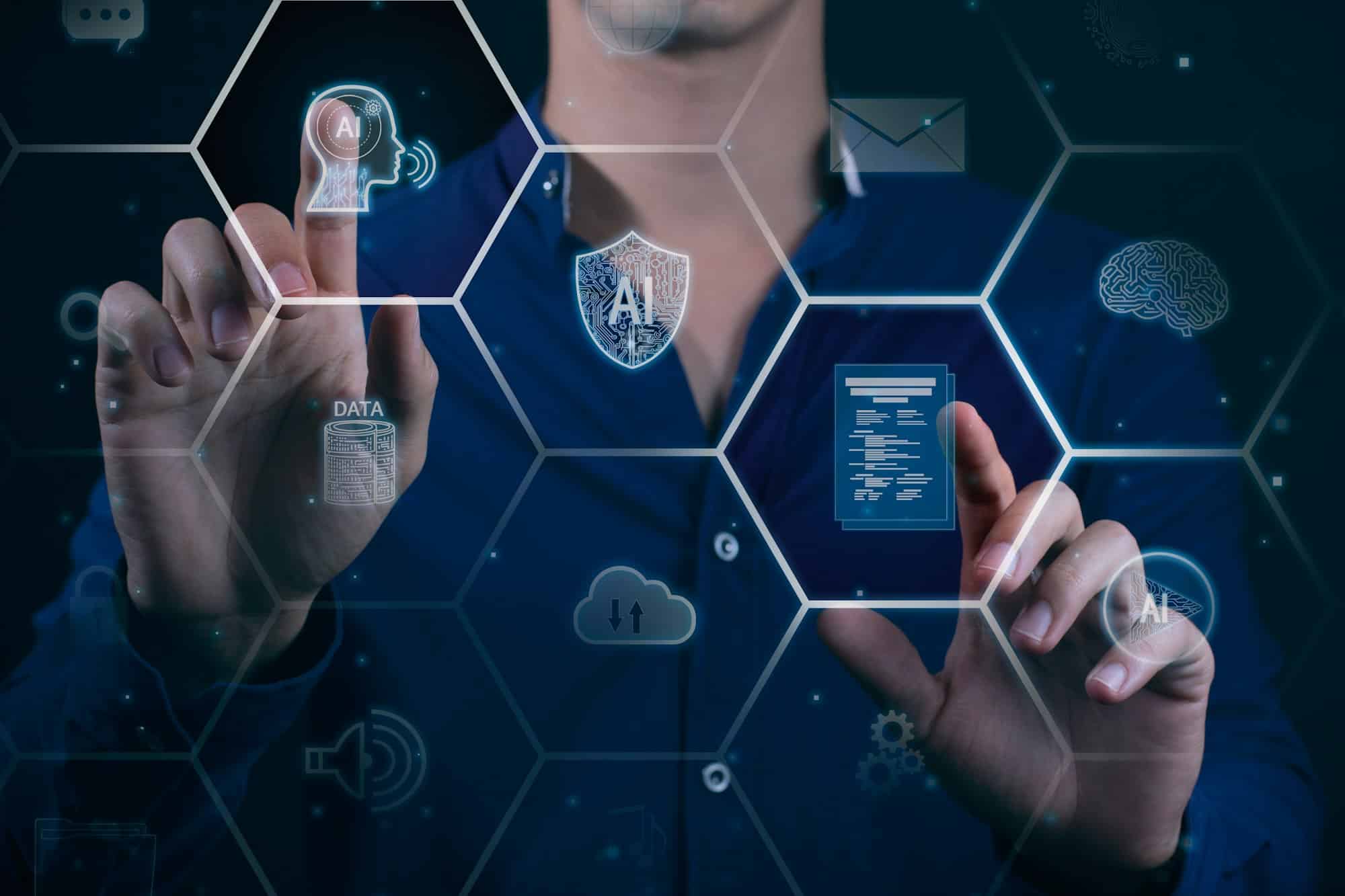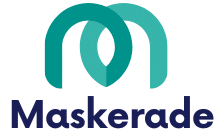How Can Adaptive Learning Technology Revolutionize UK Corporate Training?

In an era dominated by rapid technological advancements, corporate training is no exception to this dynamic evolution. While traditional training methods continue to hold their ground, the tide is swiftly turning towards more sophisticated, technologically driven training approaches. One such innovation that has recently seeped into the corporate training realm is adaptive learning technology.
But, what exactly is adaptive learning technology? Is it a fleeting buzzword or a transformative tool that will reshape the entire landscape of corporate training in the UK? Let’s delve into the heart of this technology and explore how it is revolutionising the corporate learning experience.
A voir aussi : How to Cultivate Digital Literacy Skills Among UK Small Business Owners?
Understanding Adaptive Learning Technology
Adaptive learning technology is not a novel term in the education sector. However, its potential applications in corporate training are beginning to surface, promising a wave of transformation in the training landscape.
So, what is adaptive learning technology? Put simply, it’s a personalised, data-driven, learner-centred approach to education. This technology uses algorithms to adapt the content and pace of learning to the individual learner’s knowledge level, learning style, and progress. By doing so, it creates a rich, personalised learning experience that optimises the learner’s retention and application of knowledge.
A lire en complément : What Are the Strategies for UK Healthcare Providers to Optimize Telehealth Services?
The Power of Personalisation in Training
In the past, corporate training was often a one-size-fits-all affair. However, as learners differ in their learning styles, backgrounds, and knowledge levels, this approach often led to inefficiencies and gaps in learning. Adaptive learning technology introduces an era of personalised training that can fill these gaps and enhance learning outcomes.
Learners are no longer passive recipients of information. Instead, they’re active participants in their own learning journey. Adaptive learning technology takes their feedback, monitors their performance, and tweaks the learning content and strategies accordingly. This tailored learning experience addresses the individual learner’s needs, strengthens their knowledge base, and ultimately leads to improved performance at work.
Adaptive Learning in Action: Practical Applications
How does adaptive learning technology work in practice? What does it look like when implemented in a real-life training scenario?
Suppose an organisation adopts adaptive learning for its sales training program. This technology could, for instance, use data to identify a learner’s strong and weak points. If they’re struggling with negotiation skills, the system could provide additional content and exercises to help them improve. Or, if they’re excelling in product knowledge, the system could present more challenging materials to further deepen their understanding.
The technology could also adapt the training pace based on the learner’s progress. If they’re quickly grasping the concepts, the system could speed up the training. On the other hand, if they’re finding it hard to keep up, the system could slow down and provide extra support.
The Role of Data in Driving Adaptive Learning
Data is the fuel that drives adaptive learning technology. It’s the basis on which these systems understand learners, track their progress, and make informed decisions about their learning journey.
Every interaction a learner has with the system generates data. This data is then processed by algorithms to create a detailed profile of the learner’s knowledge, skills, learning style, and progress. This profile informs the system’s decisions about the learning content, strategies, and pace.
For instance, if the data shows that a learner is consistently struggling with a particular concept, the system could provide additional resources or change the teaching approach to help them understand it better. Conversely, if the learner is mastering a concept quickly, the system could challenge them with more complex tasks to stimulate continuous learning and development.
Impact on Corporate Training in the UK
So, how can adaptive learning technology revolutionise UK corporate training?
For one, it can make training more efficient and effective. By personalising the training to each learner, it can enhance learning outcomes, improve retention of knowledge, and ultimately boost performance at work.
Moreover, it can provide invaluable insights into learners’ strengths, weaknesses, and learning styles. This information can be used to design more effective training programs and strategies, contributing to the overall development of the workforce.
Adaptive learning technology can also increase engagement in training. As learners find the training more relevant and aligned with their needs, they’re likely to be more invested in it. This can lead to greater participation in training programs, higher satisfaction rates, and a more positive learning culture in the organisation.
In conclusion, while adaptive learning technology is still in its early stages of adoption in the corporate world, its potential to reshape the training landscape is undeniable. As more UK corporations begin to recognise and harness its power, the future of corporate training in the UK looks set to be one defined by personalisation, efficiency, and a learner-centred approach.
Adaptive Learning and the Future of Corporate Training
As we delve deeper into the 21st century, the influence of artificial intelligence and machine learning on various sectors continues to rise. One such area where these technologies are making significant strides is in the field of corporate training, and more specifically, adaptive learning.
Adaptive learning is a revolutionary technology that utilizes real-time data and artificial intelligence to create a personalised, efficient, and engaging learning experience for each individual. This technology has the potential to transform the UK’s corporate training arena, ushering in a new era of personalised, learner-centric training programs.
A key feature of adaptive learning is its ability to modify the learning paths and pace based on individual learner’s progress, strengths, and weaknesses. This flexibility allows for a more dynamic, effective, and engaging learning experience. The technology can identify areas where the learner is struggling and provide additional resources or alter the learning strategies to address these gaps.
Furthermore, adaptive learning technologies can integrate with Learning Management Systems (LMS), creating a seamless learning platform that caters to the diverse needs of learners. These integrated systems can track learner data in real-time, providing valuable insights into learner behaviour, engagement levels, and learning outcomes. This data-driven approach can help organisations refine their training strategies, enhance learning materials, and ultimately, improve overall workforce performance.
Moreover, these sophisticated learning platforms can provide immediate feedback to learners, fostering a proactive learning environment. Unlike traditional training methods, adaptive learning encourages active participation and stimulates continuous learning development. As a result, corporations can expect to see increased participation in training programs, better retention of knowledge, and favourable learning outcomes.
Conclusion: Embracing the Adaptive Learning Revolution
The rise of adaptive learning technology signifies a pivotal shift in the corporate training landscape. The future of corporate training in the UK is likely to be defined by this innovative technology, with its emphasis on personalised learning experiences and data-driven strategies.
Adaptive learning offers numerous benefits, from improved learning outcomes and increased engagement to more efficient use of resources. By tailoring the learning experience to each individual’s needs, adaptive learning technologies can fill gaps in knowledge, enhance learning retention, and boost overall performance.
Moreover, the integration of adaptive learning with LMS platforms offers a comprehensive solution to the diverse and evolving training needs of corporations. The real-time tracking of learner data provides invaluable insights into learner behaviour and progress, guiding the design of more effective learning strategies and programs.
In essence, the potential of adaptive learning technology to revolutionize corporate training in the UK is immense. As more corporations begin to recognise and harness this potential, it is likely to propel a shift towards more personalised, efficient, and learner-centric training programs.
Therefore, embracing adaptive learning technology is not just an option but a necessity for organisations aiming to stay competitive in the modern corporate landscape. It marks the dawn of a new era in corporate training, one that is powered by artificial intelligence, shaped by individual learning paths, and driven by real-time data.
